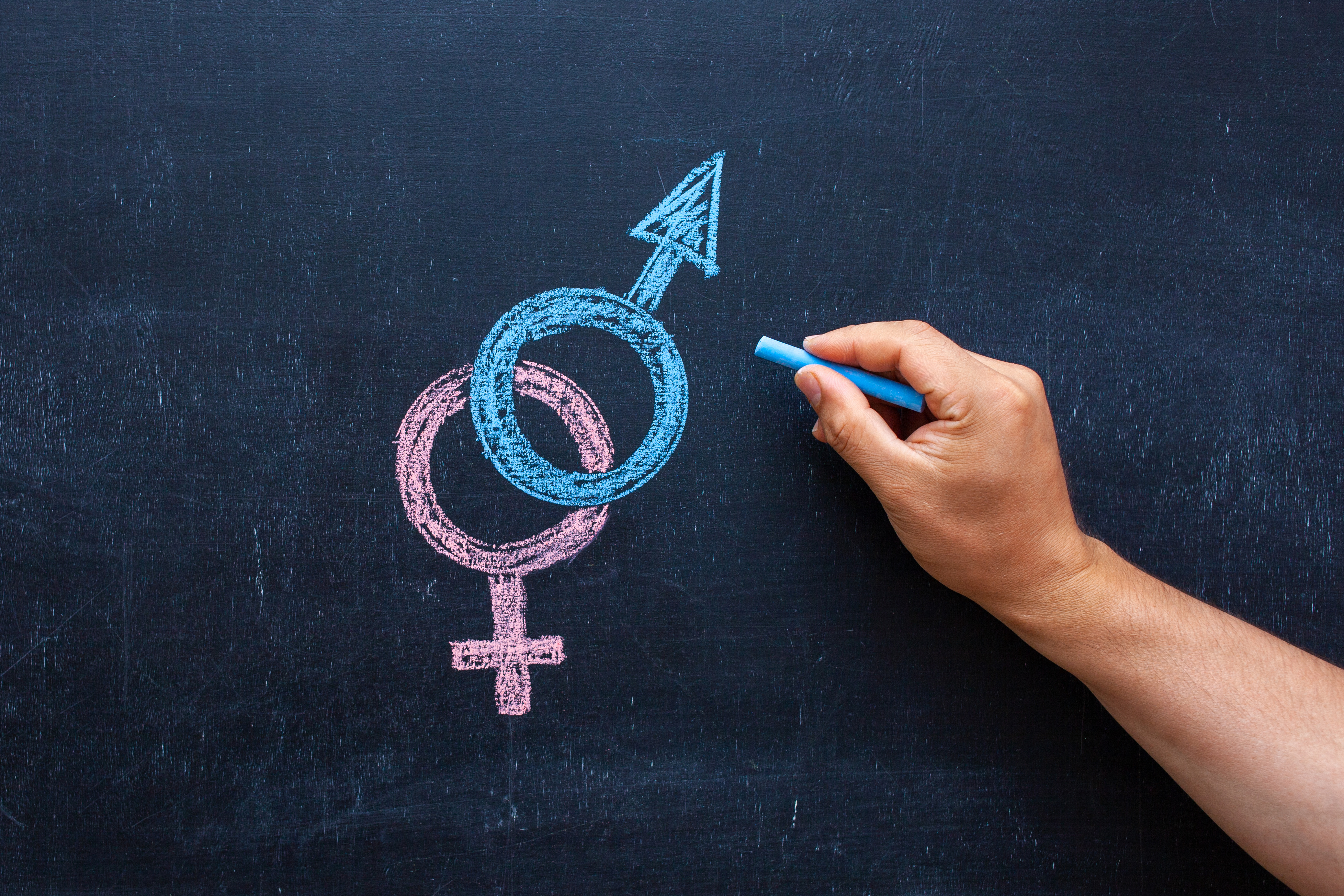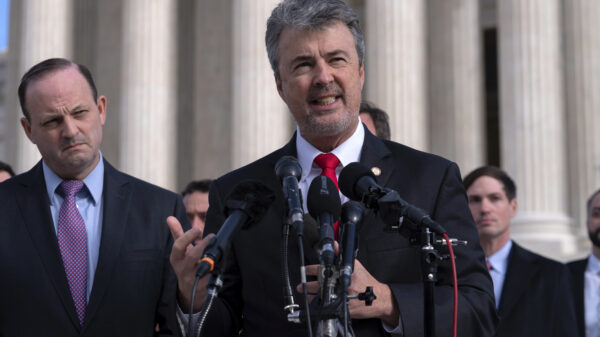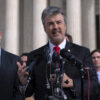A House committee listened Wednesday to debate over HB405 by Rep. Susan Dubose, R-Hoover, which aims to put definitions in Alabama law around sex-based terms such as “man,” “woman,” “father” and “mother.”
DuBose carried a bill earlier in the session barring transgender women from competing in women’s college sports, with the final version of the bill awaiting Gov. Kay Ivey’s signature.
Both bills are part of a package of legislation that the LGBTQ community showed up in droves Wednesday to protest.
The bill defines a woman as “an individual whose biological reproductive system is designed to produce ova” and a man as “an individual whose biological reproductive system is designed to fertilize the ova of a female.”
“This bill suggests that people should be reduced to their gonads and sorted accordingly,” said Andrea Trenaman, one of several trans women who spoke against the bill.
During the public hearing, only one person, Becky Gerritson of Eagle Forum, spoke in favor of the bill, while 11 opponents signed up to oppose the bill. Only five were allowed to speak.
Dubose said defining the terms is essential to protect “single-sex private spaces,” which includes bathrooms and prisons, as well as prohibitions on sex-based discrimination.
“Common sex-based words are used thousands of times in state law, but recently, activists have sought to redefine these words and separate sex from biology,” DuBose said.
Former state Rep. Patricia Todd, Alabama’s first openly gay lawmaker, said Alabama has a lot of bigger problems to solve.
“I don’t understand what the obsession is with the trans community,” Todd said. “We have a prison crisis, we have a healthcare crisis … this is not a crisis in Alabama.
“My concern about this is it seems like it’s going to set up the gender police, that we’re going to determine, ‘Well, you look male, so that’s okay,’ but if you really can’t tell what gender they are, how we’re going to prove what gender they are.”
Belle Moyers, a transgender woman and biologist, said this bill “masquerades as biology” but uses the wrong definition.
“In biology, using the wrong definition leads to bad science,” Moyer said. “In law, bad definitions lead to injustice.”
The committee is expected to vote on the bill next week.















































